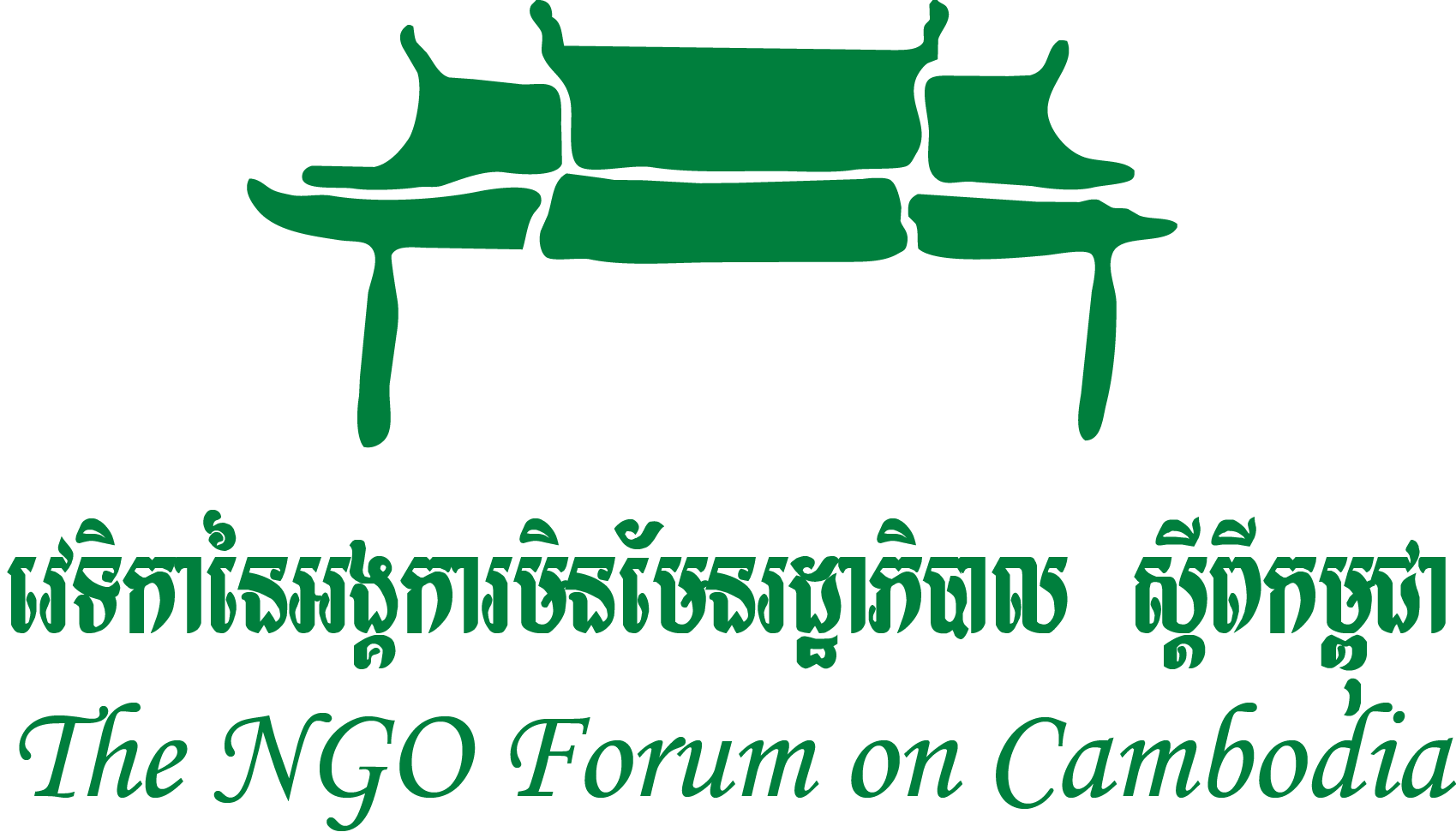[:en]Workshop on National and International Standards on Land and Housing Rights[:]
- ngofmail
- Oct 11, 2017
- 4 min read
<:en>

On October 10-11, 2017, In collaboration with the Preah Sihanouk provincial authorities, the OHCHR Office co-organized with NGO Forum and ADHOC a workshop on the National and International Standards on Land and Housing. 61 participants, including police officers, military commanders, district officials, commune council members, and members of varies land and housing rights networks attended the two-day workshop. Preah Sihanouk Court of First Instance, OHCHR, NGO Forum and ADHOC were shared their expertise and experience with the participants.
In response to growing tourism in coastal areas, development projects are being implemented to meet infrastructural needs. This has led to internal migration, which has resulted in an increase in demographic pressure in urban areas, this is particularly the case in Preah Sihanouk Province.

These developments have lead to the relocation of individuals and communities, particularly those who have been living in informal settlements, or on state land with no documentation to demonstrate possession rights. Security of land tenure is essential for the enjoyment of human rights. Authorities have an obligation to address and minimize this impact on individual’s lives. Evictions must be considered as a last resort. In order to resolve the negative impacts of development projects, workshops relating to land and housing rights, have been designed by OHCHR, ADHOC and NGO Forum.
The policy also proposes implementing houses for renting, state donated land to families or communities, relocation, on site-upgrade development, family forest policy for housing, and ensured housing for workers/employees. The policy is a roadmap to ensure adequate and secure housing for all people.

According to a 2014 survey, the head of the family owns 93.8 % houses but those houses are adequate for living. There are also many individuals who have moved to the city for jobs but whom cannot find housing. In accordance to the secure tenure of housing, only land is registered, not houses or buildings under co-ownership. A draft policy on motivation and national programming for affordable housing development has hence been developed. It focuses on the state infrastructure, the creation of electricity and water systems in the housing areas constructed by the private sector.
Ms. Keat Bophal, Human Rights Officer, presented the International standards on rights to land and housing: The definition of rights to adequate housing. It is the right of every woman, man, youth and child to gain/sustain a secure home and community in which to live in peace and dignity. Rights abuse and force eviction can be implemented legally as long as they comply with due procedure under national and international standards. The minimum criteria comprises of accessibility, affordability, habitability, security of tenure, cultural adequacy, suitability of location, and access to essential services such as health and education. More detail of the presentation is available to be shared. Another topic related to Basic principles and guidelines on development-based eviction/resettlement. Her presentation concerned the state’s obligations to “Protect, Respect and Fulfill” relating to basic eviction under a range of international statutes. It focused on commentary and guidelines on eviction and resettlement details of state’s measures to eviction, and the role of the international community.

The basic principles to be met in order to consist with international standards are: Consultation and participation of individuals and communities who are affected, prior notification in appropriate duration, effective legal and administrative remedies, prohibition of measures/actions towards homelessness, and, provision of adequate resettlements and/or of fair compensation must be in place prior to eviction. The full presentation is available for sharing.
Mr. Vong Kosal, Land Security Project Coordinator, NGO Forum on Cambodia, presented Challenges and opportunity in areas of land and housing. He highlighted the challenges of the implementation of policies and legislation. In order to fill the gaps, the use of polite words, the real situation and study tour activities are the approaches for NGOs, with the corporation with the state authorities for common understand. Another challenge faced today, the reduction of fund source from donors for NGOs working in the area.

Judge Chea Sok Heang from Preah Sihanouk Court of First Instance presented Legal procedures and law enforcement regarding eviction and resettlement. He mention about the implementation of article 196 (Declaration of provisional execution). To avoid wrongful compliance with the article, the Supreme Court issued a circulation (Sarachor) to forbid implementation of the article 196. Judge Heang explained the legalities of land purchase/sale in civil code, which requires all sold/purchased immovable properties to be registered at MLMUPC’s competent bodies. In principle, displacement can be implemented as long as there is consent between both parties.
The two-day workshop on ‘National and International Standards on Land and Housing Rights’, in Preah Sihanouk province was warmly hosted by provincial authority and ran smoothly. Both participants and honor speakers interacted in form of mutually respect and actively sought for questions, answers and comments through plenary discussions the presentations given. Participants also gained knowledge of the workshop topics, which they can now apply in their daily work. The next step is the collaboration of joint activities between OHCHR/NGOs networks, and the provincial authorities in order to avoid involuntary resettlement plans.<:>




